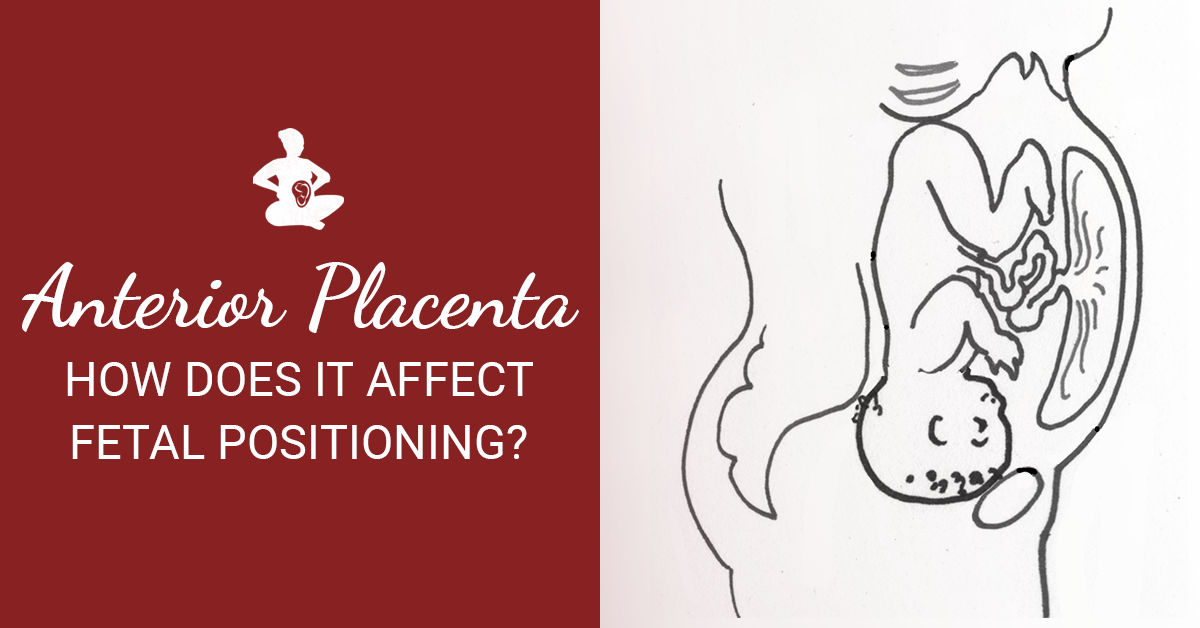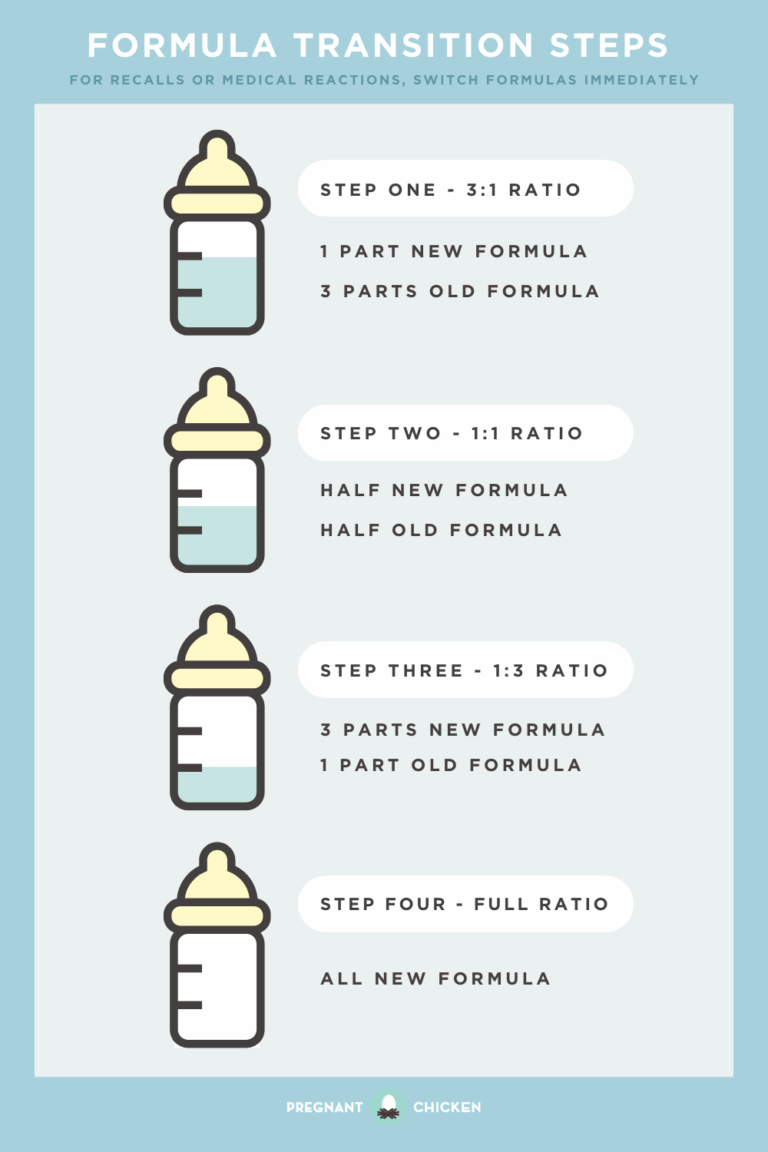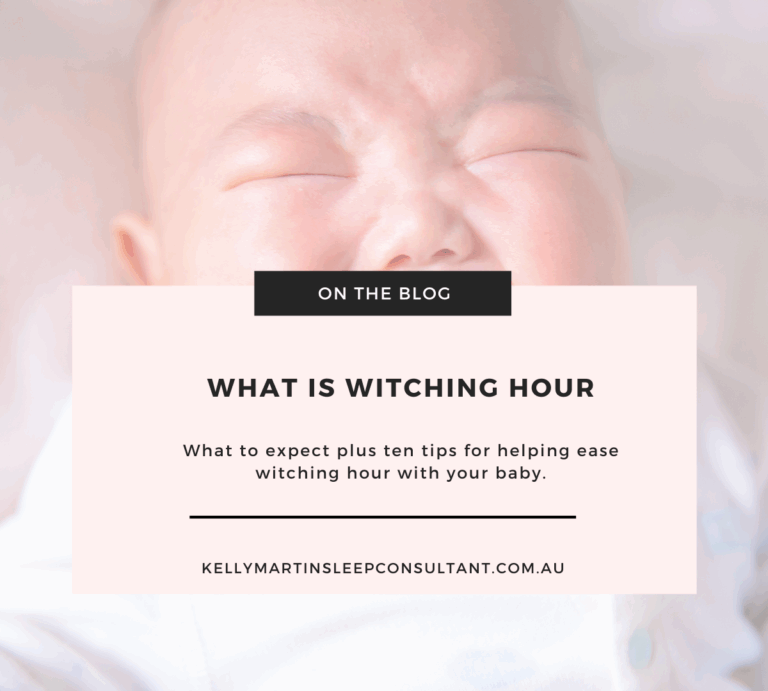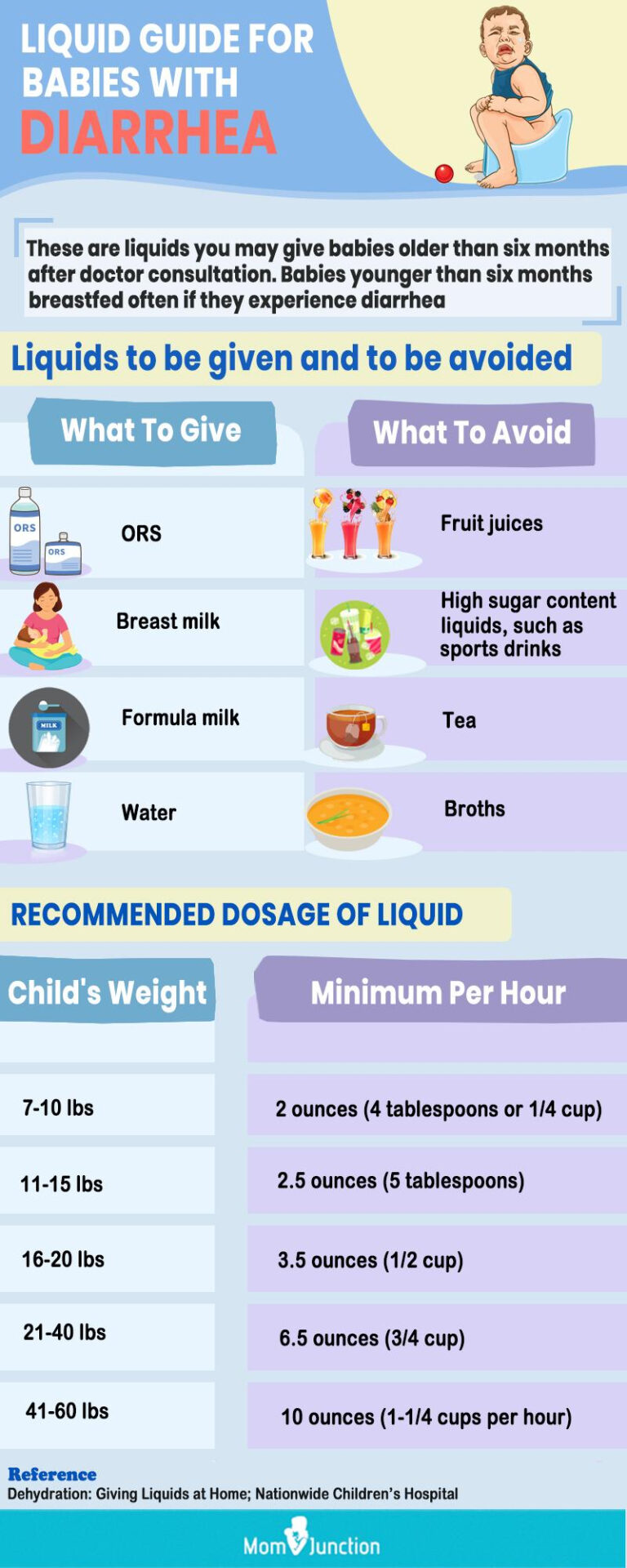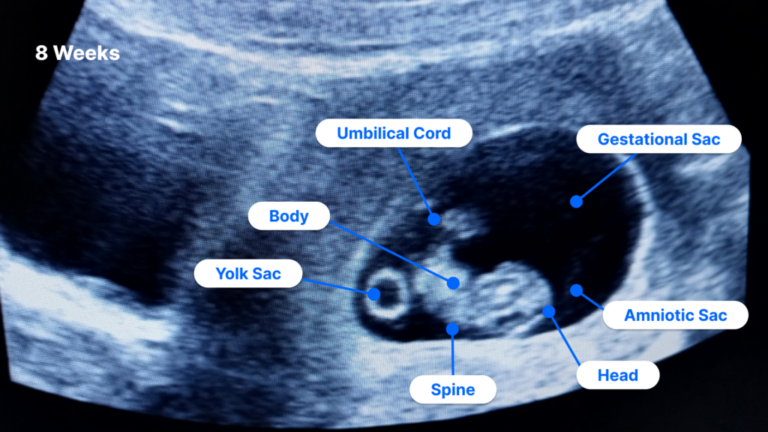What Does Baby Movement Feel Like With Anterior Placenta
Are you curious about what it feels like to experience baby movement with an anterior placenta? Many expectant mothers with this unique positioning of the placenta may wonder how it affects their ability to feel those precious kicks and movements. In this article, we will delve into the sensations and experiences of baby movements with an anterior placenta, providing you with valuable insights and information.
Knowledge
When you have an anterior placenta, it means that the placenta is located at the front of the uterus, between the baby and the mother’s abdominal wall. This positioning can sometimes act as a cushion, dampening the sensations of fetal movement. As a result, you may feel the baby’s movements differently compared to those with a posterior placenta.
One common experience reported by mothers with an anterior placenta is that they may feel the movements later in pregnancy compared to others. This delay is because the placenta absorbs some of the movements, making it harder for you to perceive them early on. However, as your baby grows and becomes stronger, you will likely start feeling more distinct movements.
It’s essential to remember that every pregnancy is unique, and your experience with baby movement may differ from others, even if they also have an anterior placenta. Some mothers with an anterior placenta may feel strong and regular movements, while others may have a more subtle sensation throughout their pregnancy.
As your pregnancy progresses, you may notice a pattern in your baby’s movements. Pay attention to when your baby is most active, as this can give you valuable insights into their health and well-being. If you ever have concerns about your baby’s movements or notice a significant decrease in activity, don’t hesitate to contact your healthcare provider for guidance and reassurance.
Conclusion
In conclusion, feeling baby movement with an anterior placenta can be a unique experience for expectant mothers. While the placenta’s positioning may impact the intensity and timing of the movements, it’s essential to stay attuned to your baby’s patterns and seek support if you have any concerns.
Expectant mothers with anterior placenta may find comfort in knowing that feeling their baby’s movements, although different, is a beautiful and reassuring sign of their little one’s growth and development. Remember to cherish these moments and celebrate the special bond you share with your baby, regardless of the placental position.
